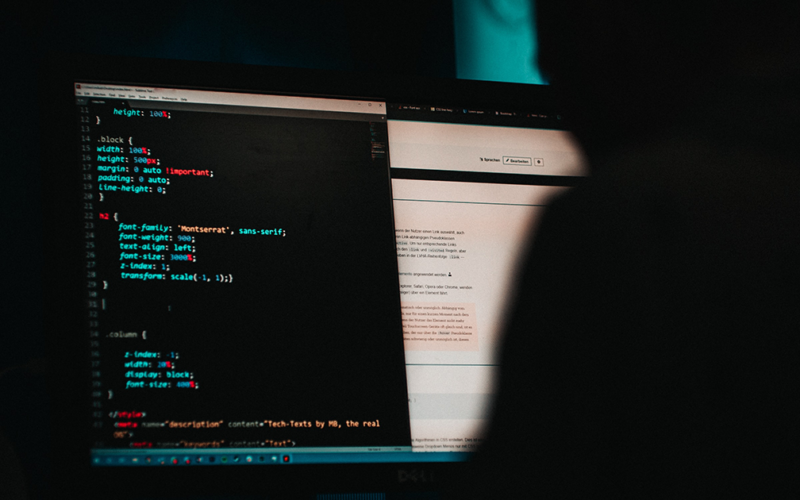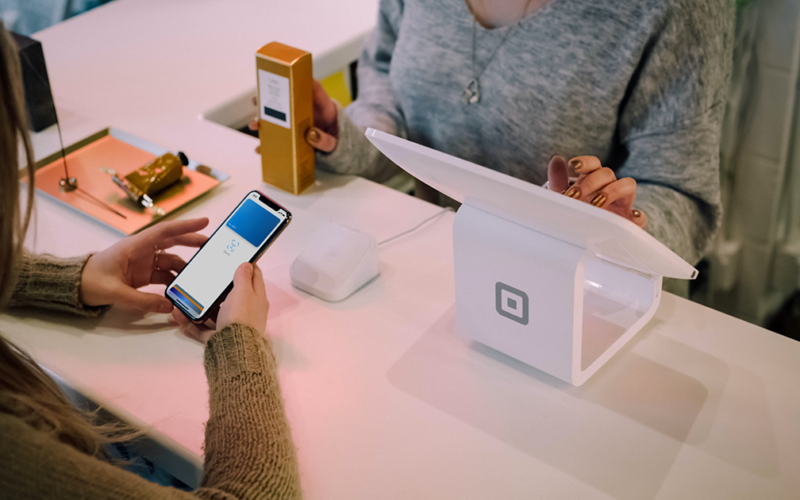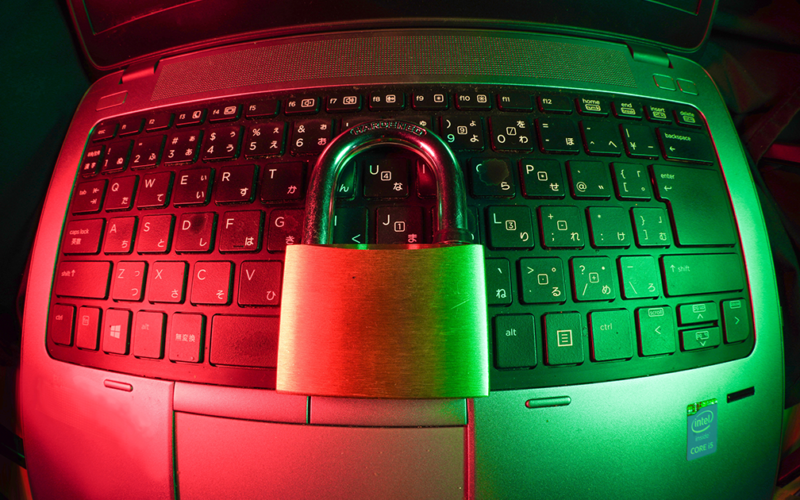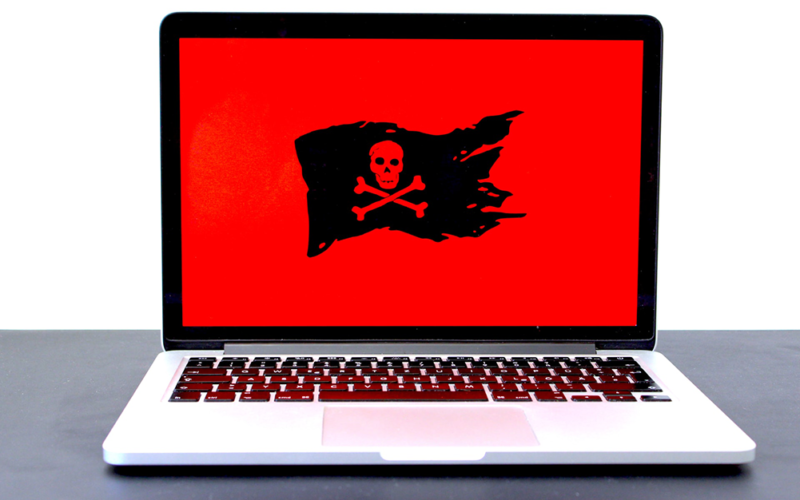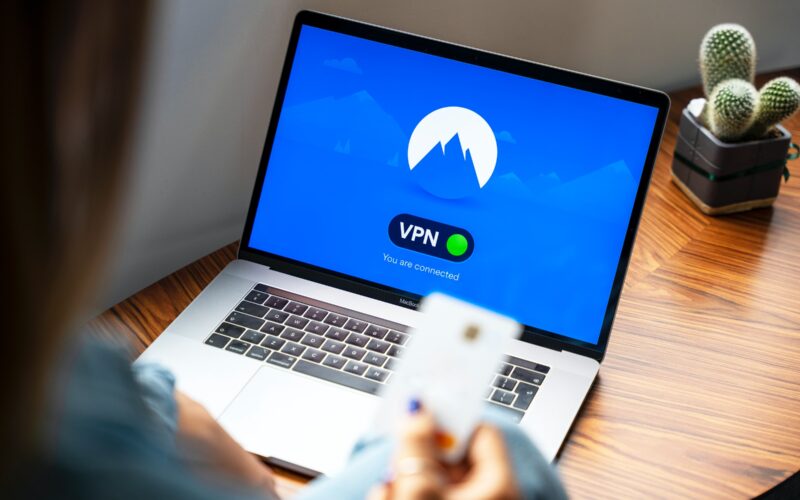Phishing Scams
What are they? Phishing scams are cyberattacks that target an organization’s employees to get them to give away confidential business information via e-mail, over-the-phone, through text, or even through physical mail letters. Phishing scams usually attempt to gain confidential information by impersonating a trustworthy company or organization. Cybercriminals also use phishing tactics to access a business’s computer network to install malware or viruses such as ransomware or trojans that can lock the essential files on…

